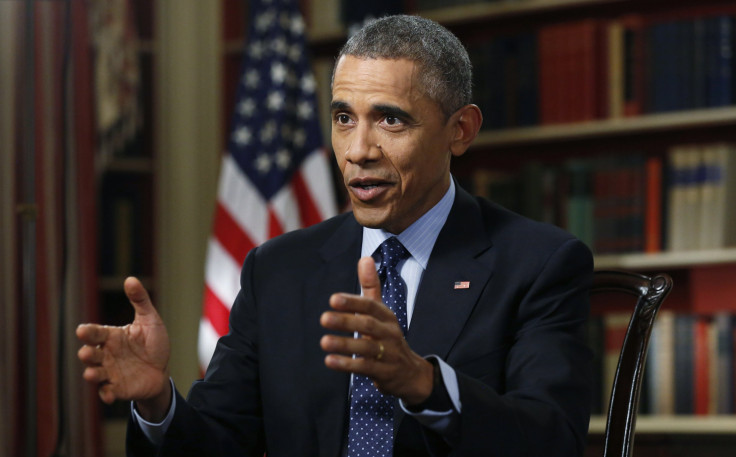Obama Presidential Library: 4 Reasons Chicago's South Side Was Picked By President's Foundation

President Barack Obama's future presidential library and museum will open in Chicago's South Side, his wife's childhood home and where he once worked as a law professor, the Barack Obama Foundation announced Tuesday. The library will be hosted by the
"With a library and foundation on the
The University of Chicago had competed for the presidential library against Obama's alma mater
The University of Chicago estimates the project will bring $220 million to the city of Chicago and create nearly 2,000 permanent jobs. More than 800,000 annual visitors are expected to tour the library and museum. The Obamas own a home near the university, but it's unclear where the family will live after they leave the White House in early 2017.
Below are 4 reasons Chicago's South Side was likely picked as the site of the future Obama presidential library:
1. The Obamas have close ties to the area. Obama moved to Chicago in 1985 to take a job as a community organizer. He worked as a senior lecturer at the University of Chicago's law school before he was elected to the U.S. Senate, while Michelle Obama served as an executive at the university's medical center. "All of the strands of my life came together, and I really became a man after I moved to Chicago," Obama said, according to USA Today.
2. It was the easy choice. The University of Chicago was long considered the front-runner, and people with direct knowledge of the decision told the Associated Press nearly two weeks ago that it was the winner.
3. City and state officials had been working for months to bring the library to Chicago. In recent weeks, the City Council passed an ordinance to allow the transfer of park land for the project, and state lawmakers passed a bill reinforcing the city's right to use the land for the Obama library. "Over the past months, the city has come together to bring the library to its rightful place in Chicago," Mayor Rahm Emanuel said in the release.
4. The project could make a difference for the impoverished neighborhood that has long been overlooked. "Of course we want to see our community transformed with jobs, but we also want streetscapes and nice baskets and planters hanging from the light poles like they have downtown and on the North Side," Donna Hampton-Smith, president of the Washington Park Chamber of Commerce, told the Chicago Tribune about the library project. "We want safer communities, better schools, access to great grocery stores with fresh fruits and vegetables, things that are standard in other neighborhoods."
© Copyright IBTimes 2024. All rights reserved.












